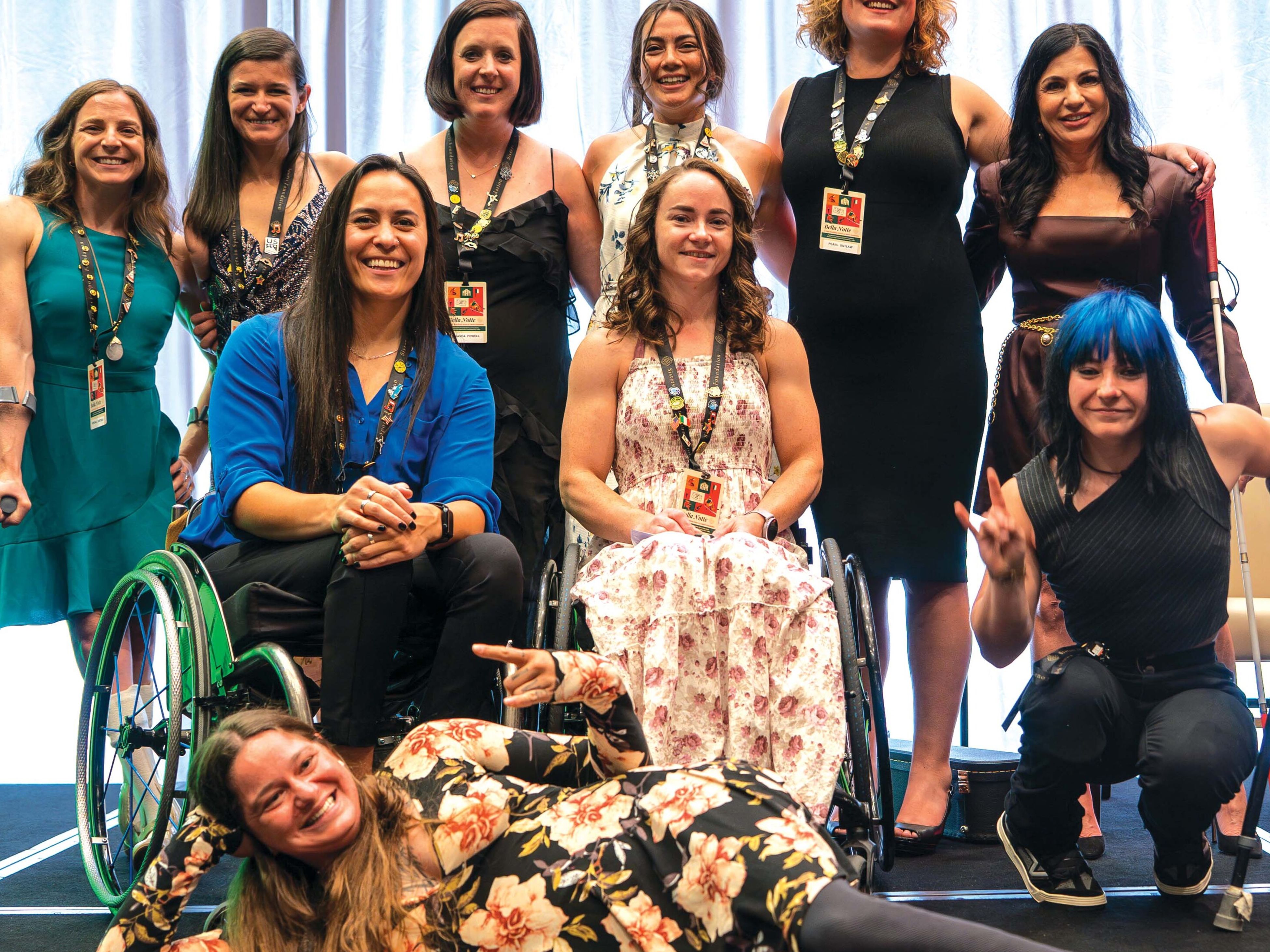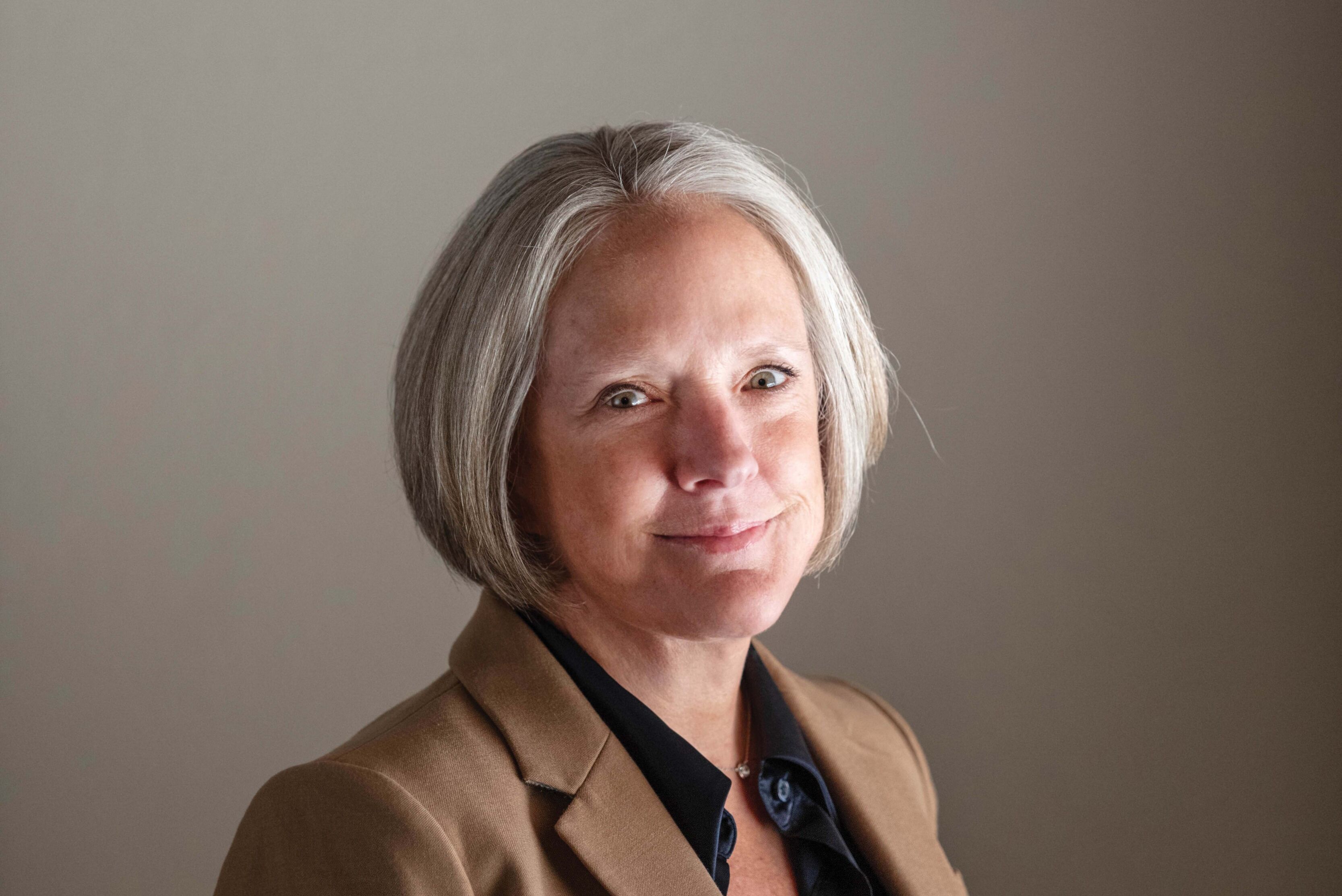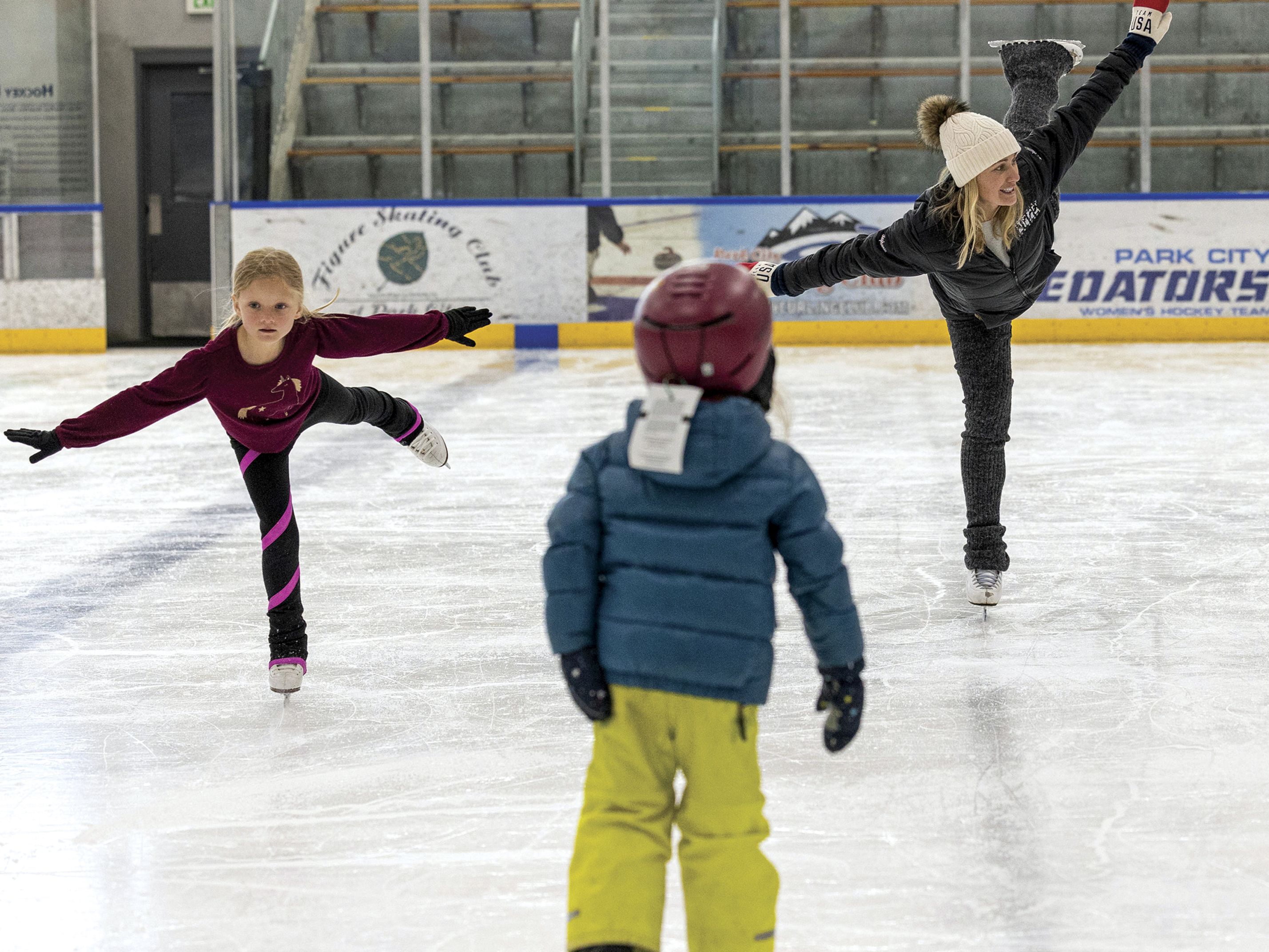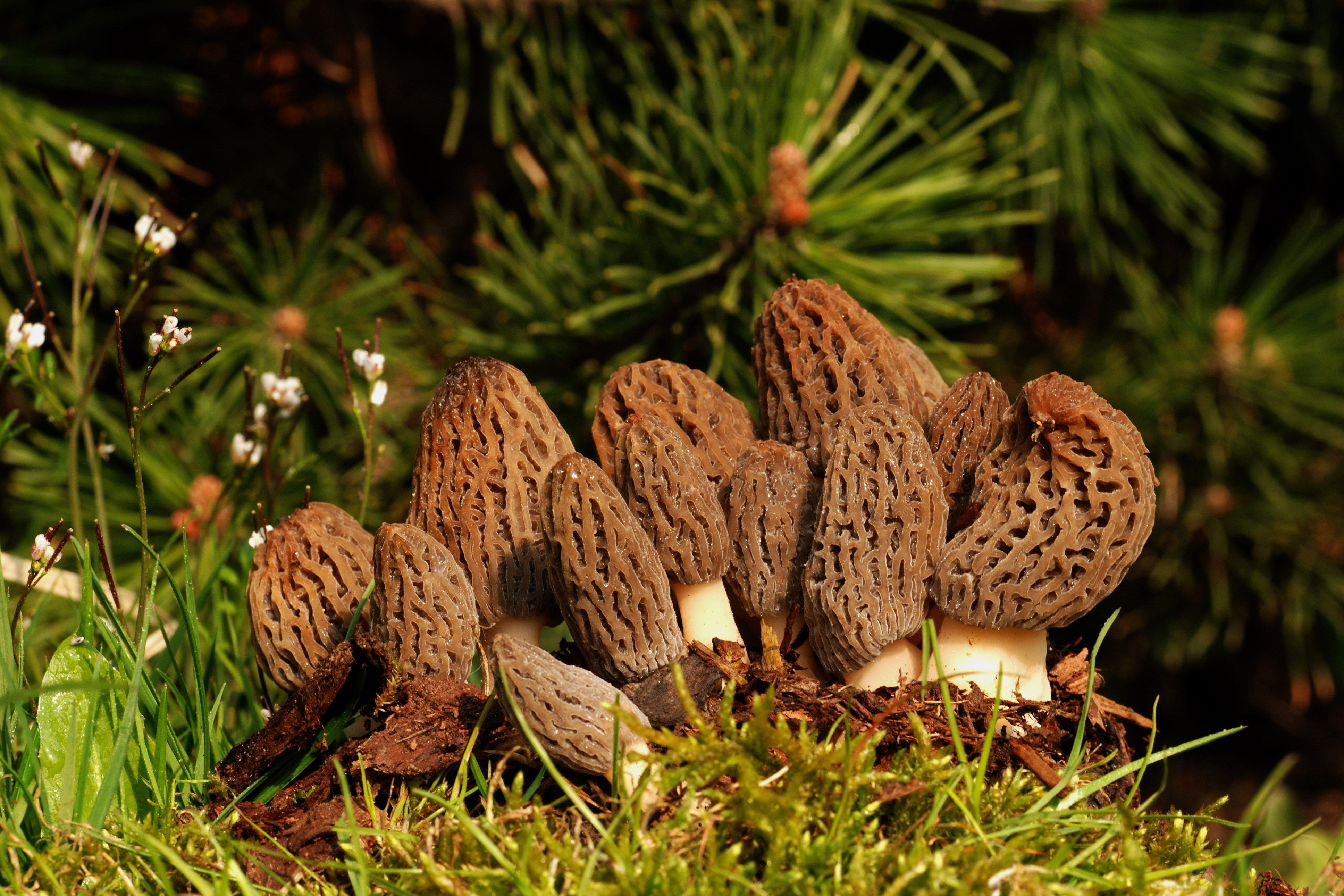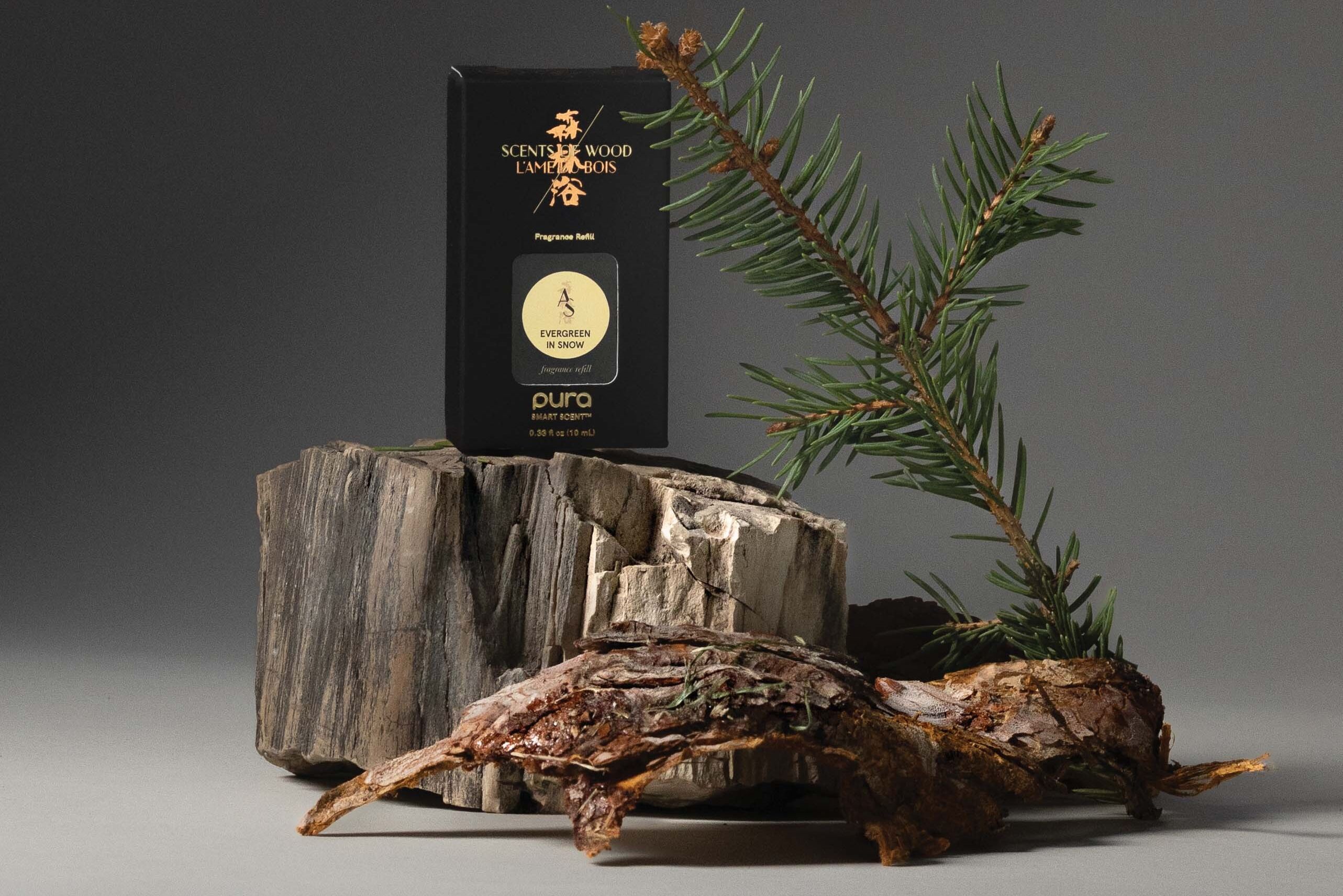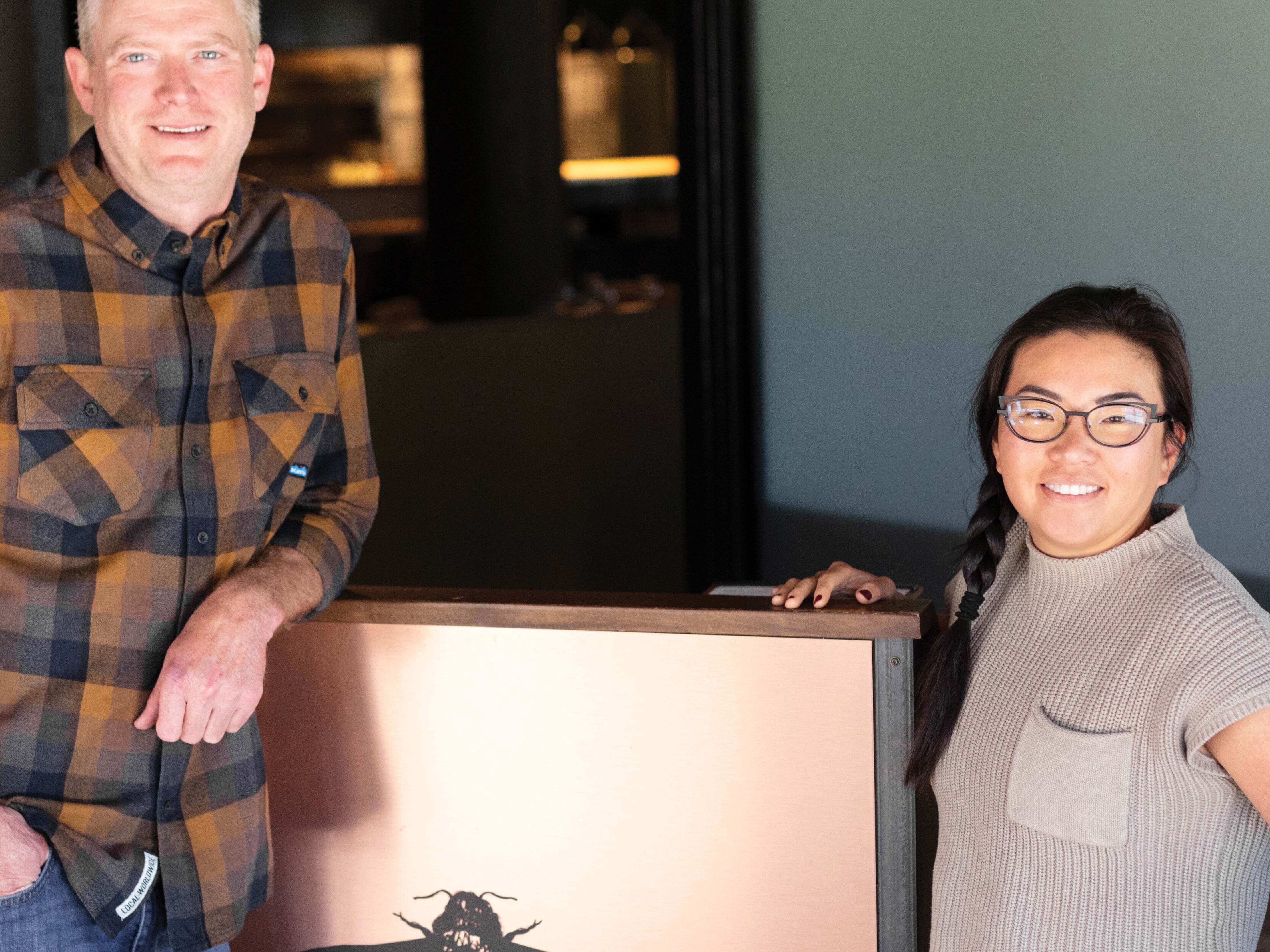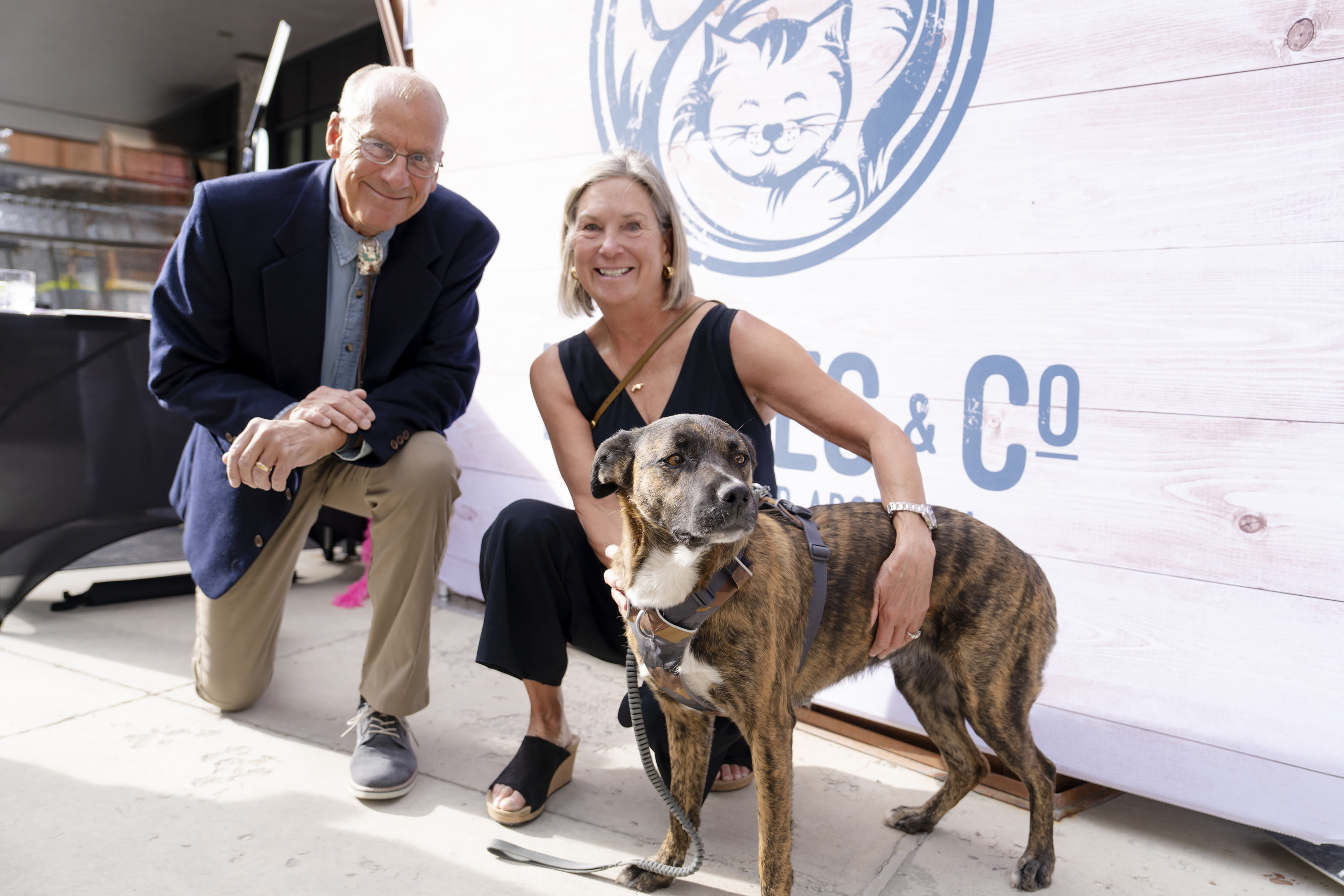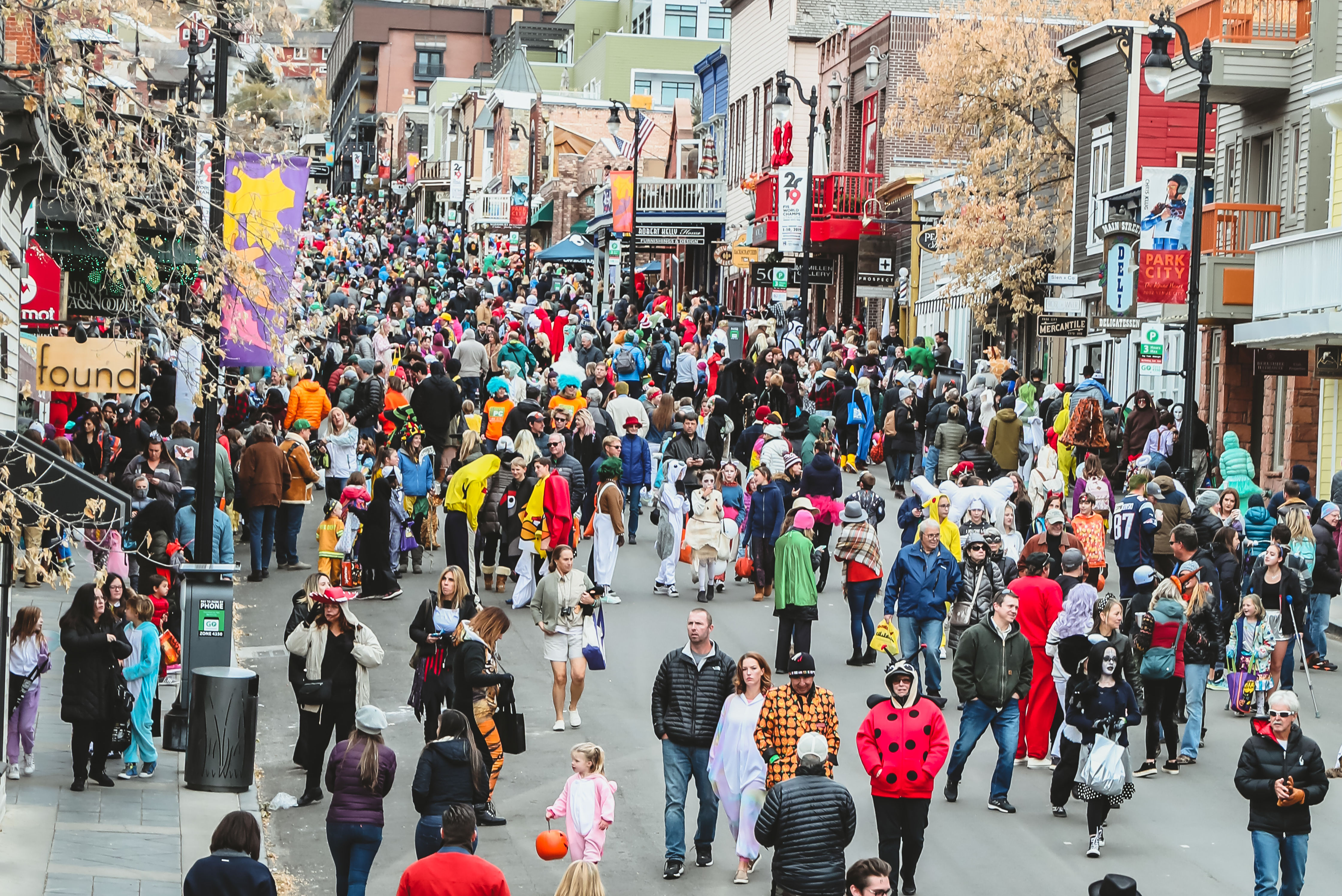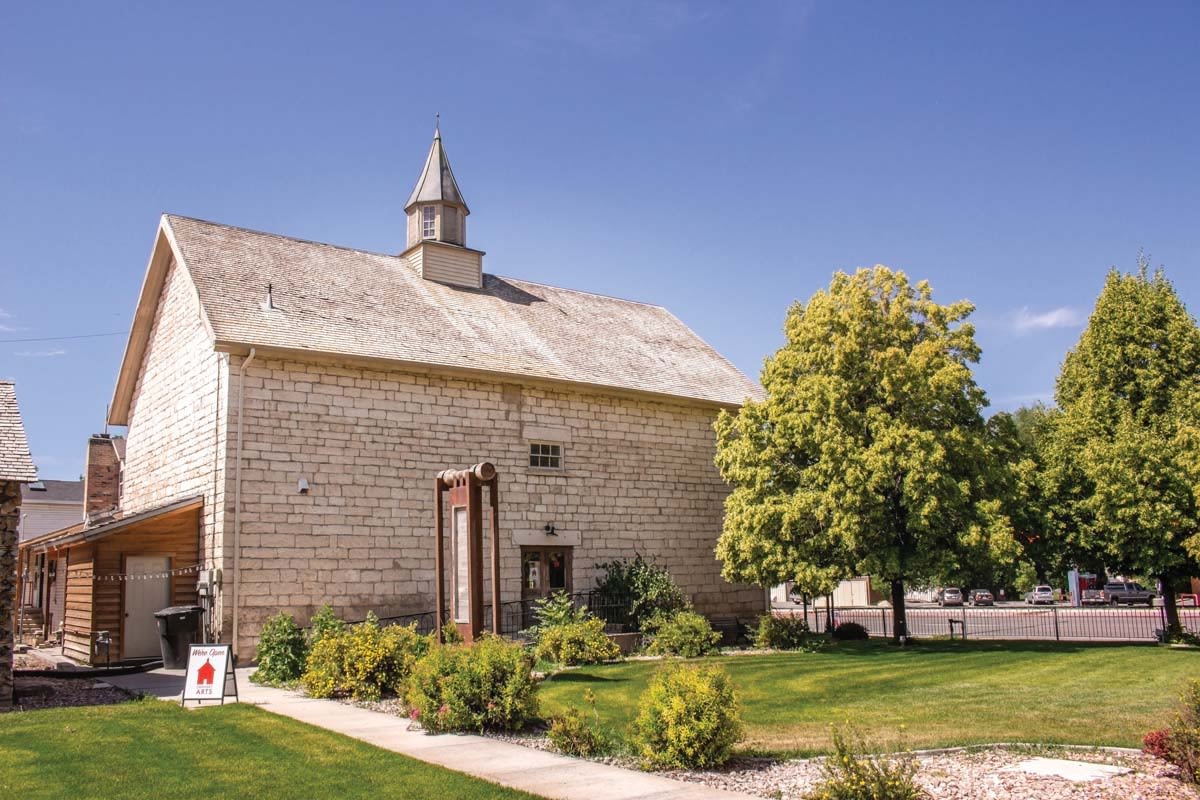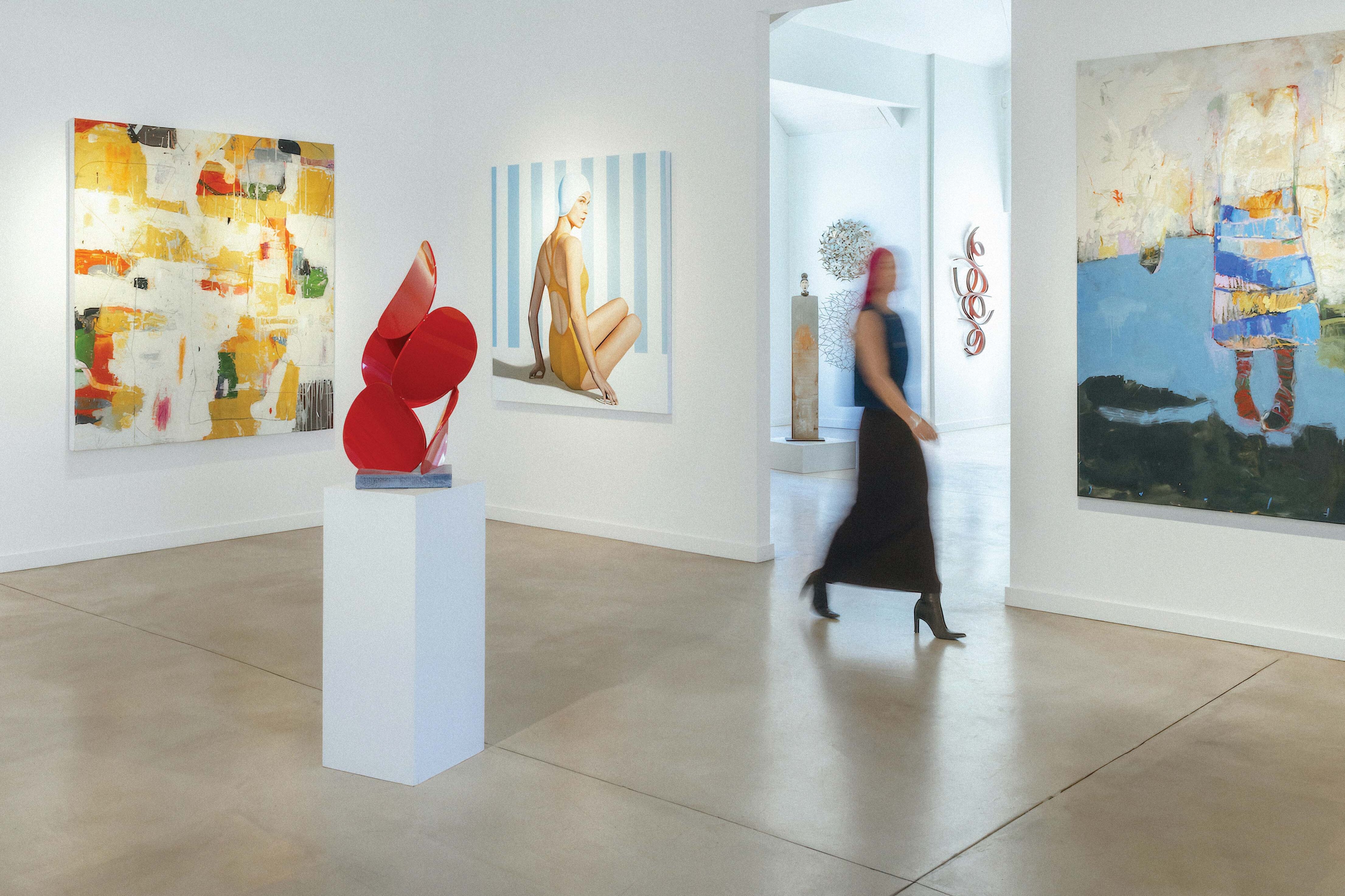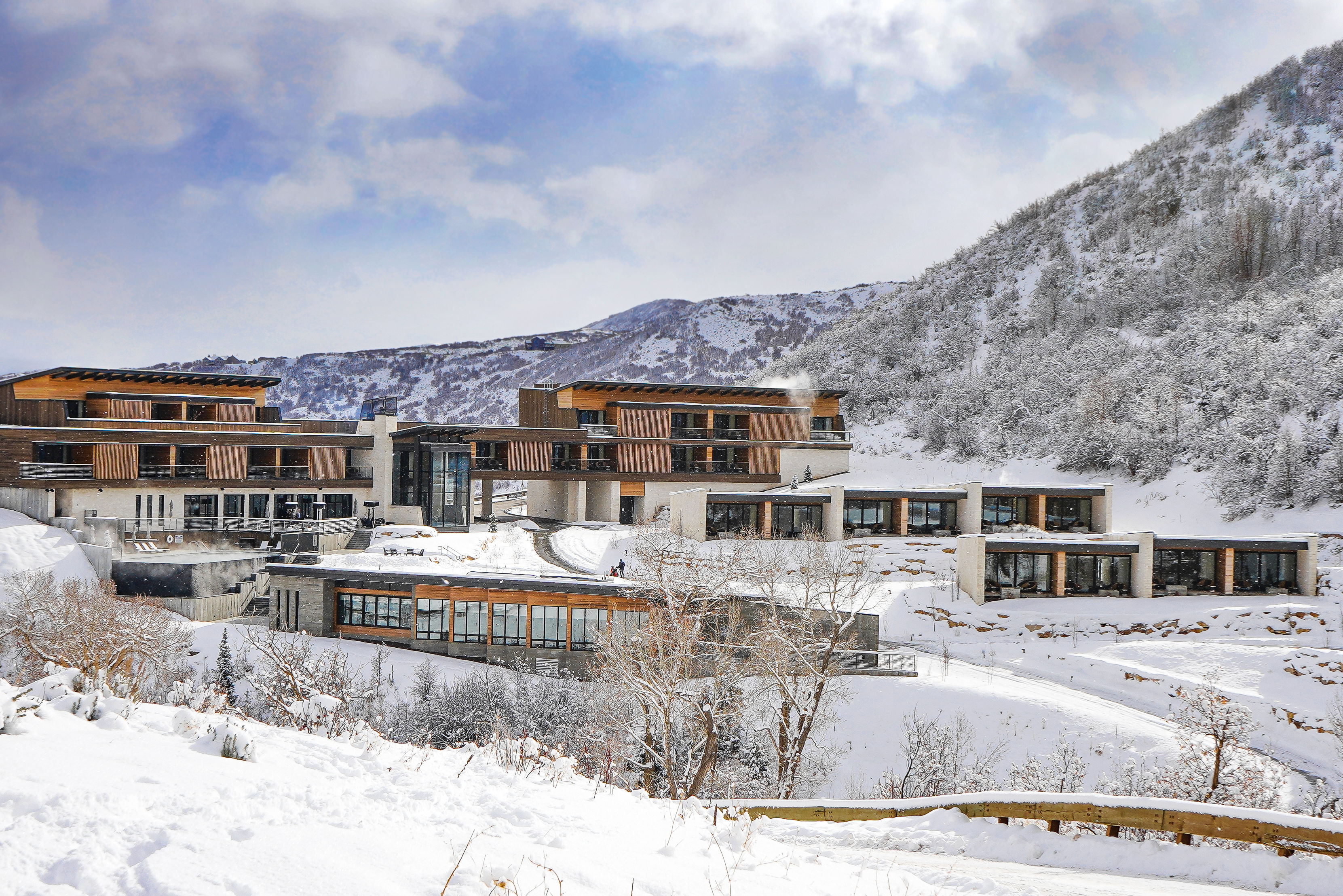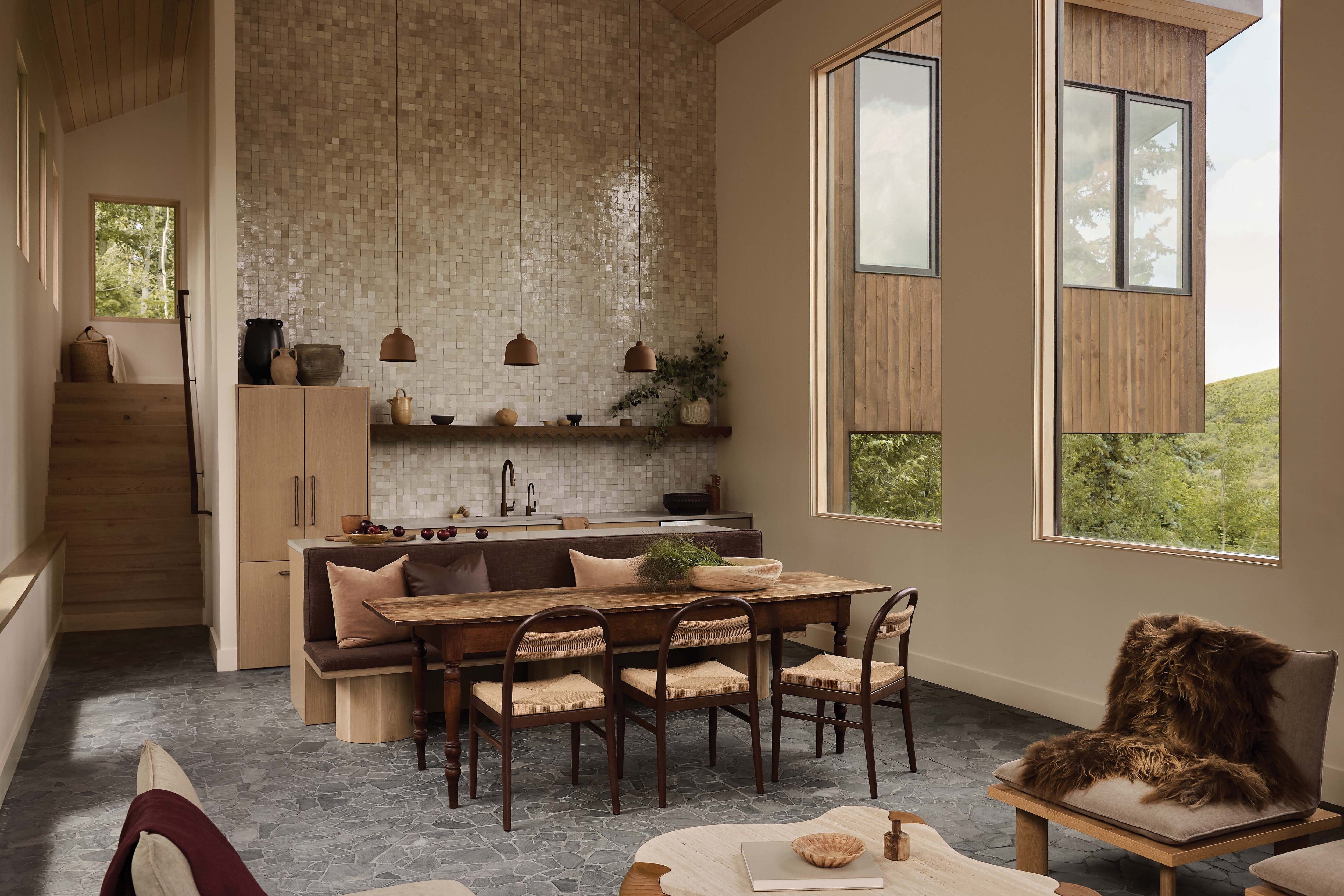Park City Chamber of Commerce Looks to the Future
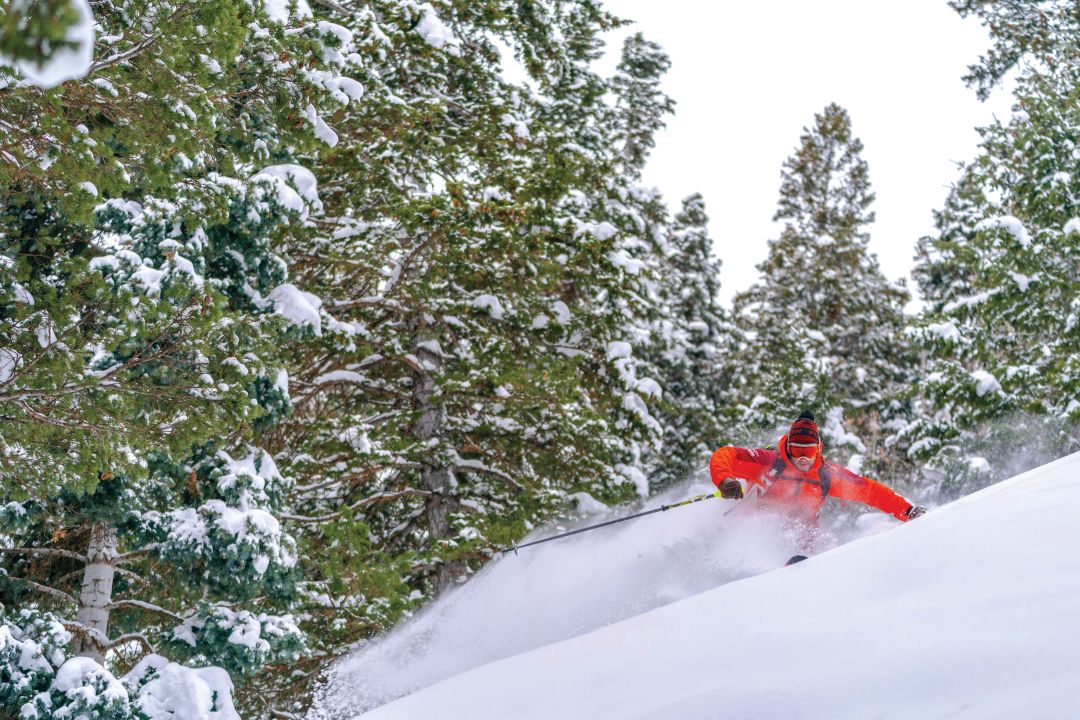
Image: courtesy of Scott House
As Park City continues to grow, so do the evolving needs of our community. We chatted with Scott House, senior director of partner services at the Park City Chamber of Commerce, to learn more about the chamber’s plans to address the concerns of residents while continuing to welcome visitors, as well as promote sustainable tourism and local business. We also got the scoop on the chamber’s recently launched Mountainkind Card and more.
Editor’s note: Responses have been edited for length and clarity.
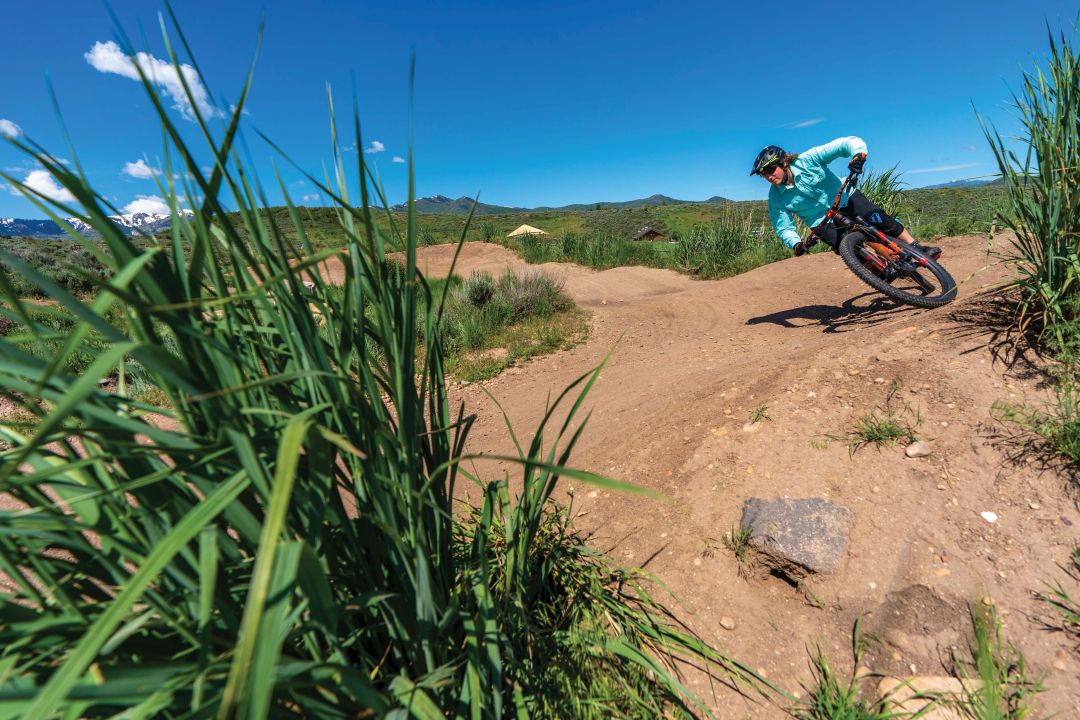
Image: courtesy of Scott House
Park City Magazine: What are the chamber’s current plans to promote sustainable tourism?
SCOTT HOUSE: Our 10-year sustainable tourism plan has 83 projects in progress right now. For the next year, visitor education is going to be a huge focus. We’ve always done a good job of marketing the destinations of Park City and Summit County, and now we’re working hard to do a better job of managing that visitation.
One big initiative you’re going to see is in transportation. We’re unveiling new bus wraps to help visitors identify our free public transit system, and we hope that visitors will join our workforce in using it. The more cars we can reduce off the road, the better it feels for our community, the better it is for our environment, and the better it is for our businesses.
In the coming year, we’ll also be launching a new app that will help tourists and locals navigate Park City businesses, find hidden gems, and avoid crowded trailheads and crowded areas.
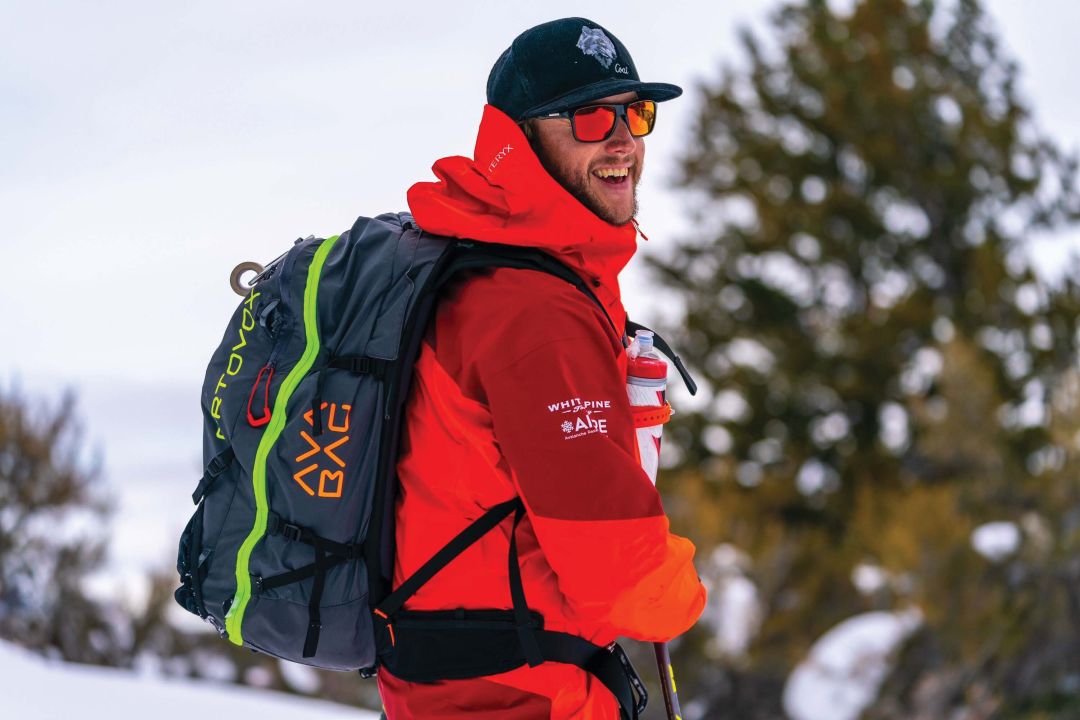
Image: courtesy of Scott House
How is the chamber working to balance the needs of locals and visitors?
SH: When we started the development of the sustainable tourism plan, that [balance] was the key focus; we conducted a resident sentiment survey, which we’re going to field again as a benchmark. We consider our community to be our workforce, our residents, and our visitors.
We’re trying to do a better job of sharing the benefits [of tourism] more equitably across our community—we want to make sure everybody’s benefiting, and we want to reduce the negative impacts to our residents. You see that in our work through our support for affordable housing, childcare initiatives, transportation initiatives, and [our advocacy around] business regulation and tax regulation. More than anything, we want to preserve Park City’s unique culture and its fun-loving attitude.
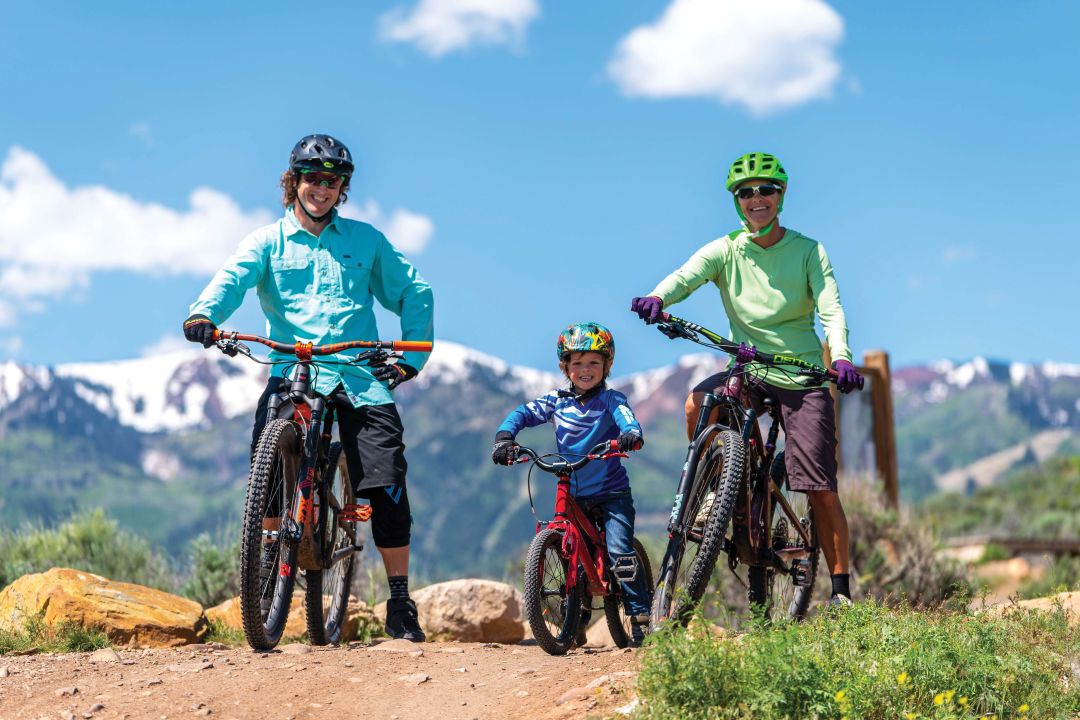
Image: courtesy of Scott House
What are some of the biggest challenges facing local businesses?
SH: The top three issues in our 2024 survey were maintaining community character/sense of place; transit, transportation, and traffic; and labor supply. We’re all working incredibly hard to ensure that Park City maintains its unique culture, beauty, and excellent natural resources, and remains a great place to raise a family and to start or continue a career. How do we find and retain the high-quality workforce that we need to maintain Park City’s quality of life? How do we create an inclusive environment where [people] feel welcome and like they can create a life here along the Wasatch Back? It takes a lot of regional collaboration with the state and our neighboring counties.
Can you tell us about the Mountainkind Card?
SH: Officially launched in November, the Mountainkind Card is a digital gift card that can be spent at any participating local business. It’s an avenue for us to encourage residents to shop local and experience all the cool and diverse small businesses that we have throughout our community. The businesses in the program include everything from transportation and medical services to restaurants and retailers. All the money from the card purchase goes to the local business where it’s spent, less a standard credit card transaction fee.
How is the city looking ahead to prepare for the Winter Olympics in 2034?
SH: It’s going to be an awesome opportunity to host the world again, but one critical thing [to consider] is what does it look like afterward? That is a big conversation happening right now—how to ensure that the games are not a burden on our community but rather an incredible opportunity to advance our community and the region.
